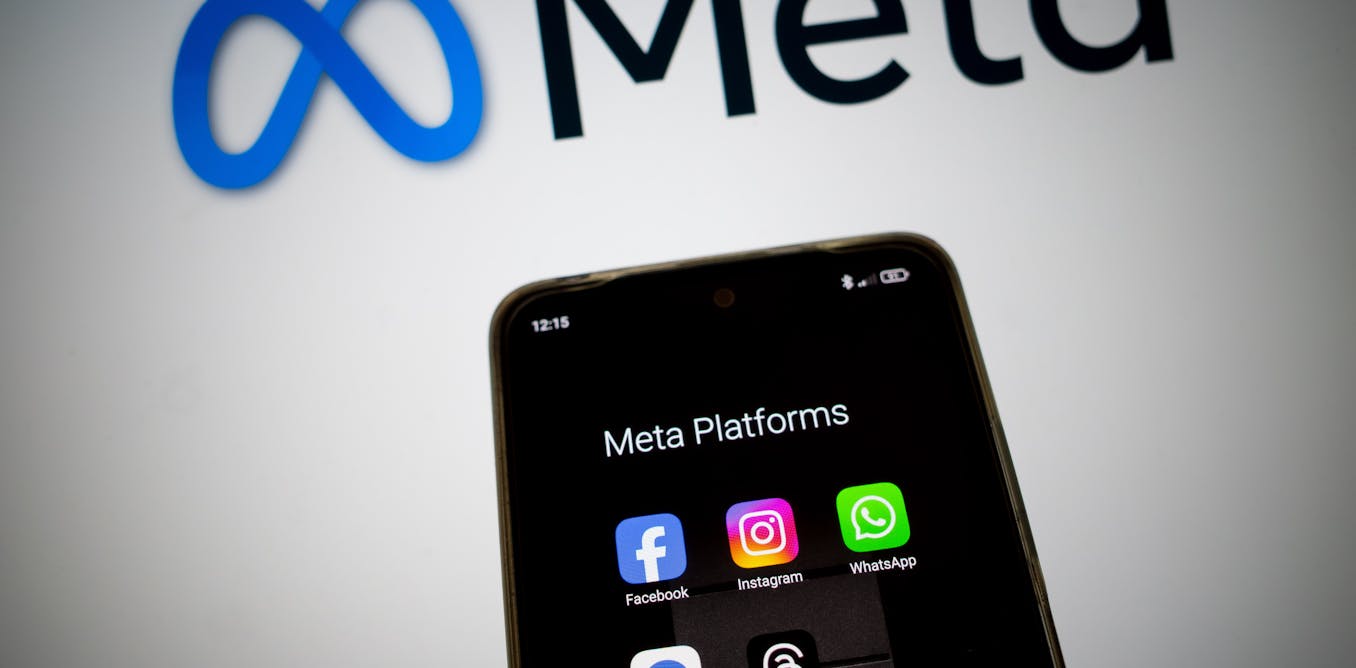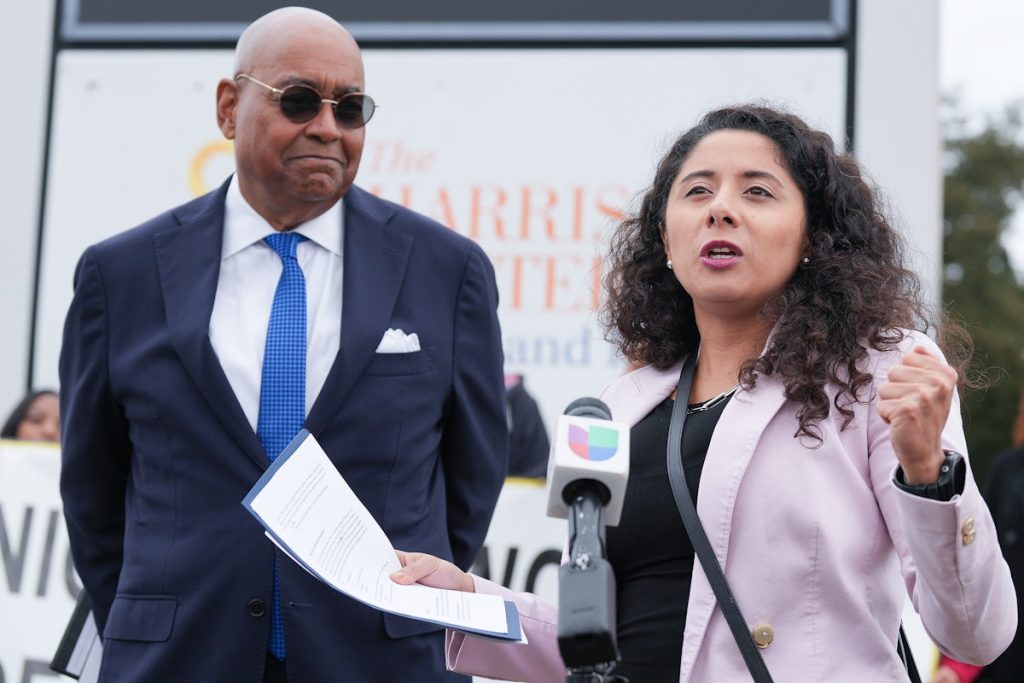Now Reading: Why Meta is in trouble in Nigeria and what this means for Facebook, Instagram and WhatsApp users
-
01
Why Meta is in trouble in Nigeria and what this means for Facebook, Instagram and WhatsApp users
Why Meta is in trouble in Nigeria and what this means for Facebook, Instagram and WhatsApp users

Meta, the parent company of Facebook, Instagram, and WhatsApp, has been fined over US$290 million in Nigeria by three different regulatory bodies due to allegations of invasive data practices against Nigerian consumers. The company has denied the accusations and is challenging the fines in court. The fines were imposed by Nigeria’s Federal Competition and Consumer Protection Commission, the Nigerian Data Protection Commission, and the Advertising Regulatory Council of Nigeria.
Entrepreneurship and international business researcher Latura and Professor of Entrepreneurship Jagannadha Pawan Tamvada discuss the implications of these fines. The troubles started in January 2021 when WhatsApp updated its privacy policy, requiring data-sharing with Facebook and its subsidiaries without an opt-out provision. This move triggered an investigation by the Nigerian regulatory bodies, which found several violations by Meta, including unauthorized data sharing, discriminatory practices, denial of data control to users, abuse of market dominance, and tying and bundling practices.
Despite remediation attempts, Meta was fined US$290 million and ordered to comply with Nigerian laws and cease exploitative practices. The company’s failure to localize data practices and disregard for Nigerian sovereignty made it vulnerable to these fines. The implications of the fines include increased scrutiny from Nigerian regulators, potential operational adjustments, and the need to align with local laws.
Many Nigerian businesses and entrepreneurs heavily rely on social media platforms like Facebook and Instagram for marketing, customer engagement, and sales. While the digital technology industry in Nigeria continues to grow, local social media platforms are also gaining traction, offering alternatives to global giants like Facebook and Instagram.






